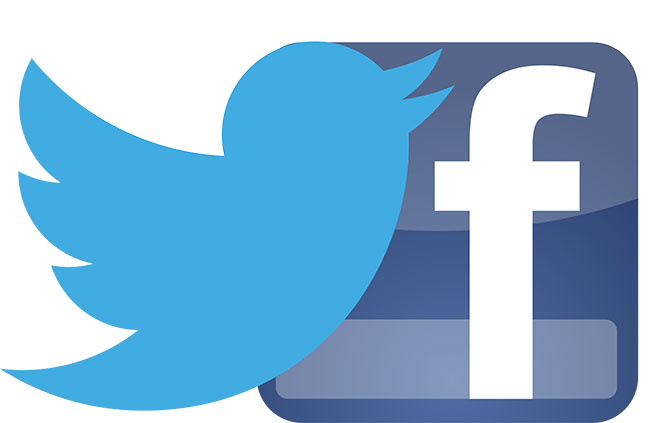If you regularly read this blog, you are not supposed to know that Facebook is the most popular social platform by far (Facebook is the first of twenty-first century portal). An overwhelming dominance gives them the right to impose their own rules, particularly through the algorithm that filters messages. So far, nothing new, except that the recently announced two major changes began a radicalization of the platform:

- The prohibition of force members to like a page to enter a competition and other restrictions.
- The next penalty overtly promotional messages.
I can only welcome the willingness to Facebook limiting abuses and minimize the harmful effects of overzealous advertisers. Members will necessarily benefit from these “adjustments”, so this is rather good news. However, these restrictions will greatly complicate the task of brands wishing to monetize their presence. So Forrester jumps at the chance to publish a report on the subject: Has Facebook finally killed organic reach. What should marketers do next?.
The argument of the author is relentless: a message is that broadcasts reach only from 2% of the fans, and only 0.073% of fans interact with a publication. Under these conditions, why continue to expend energy of money to grow a fan base so that its operation is more binding? You will notice that this report brings water to my mill, since it’s my workhorse for several years (Can we really build a community on Facebook?). The author advocates to implement social functions on its site rather than hunting fans. A recommendation based on the ranking of preferred consumer contact points:
- Most frequent points of contact Customer Review
- The most common points of contact with customers
The website remains by far the average uttered customers to get in touch with a mark (45% of respondents), Facebook page comes in fifth place with 16%. Again, you’ll notice that I was already expressed myself on the subject (it is more profitable to create conversations with you on Facebook).
This report therefore underpins a trend that was suspected: Facebook is a very complex media to manage only the most successful advertisers find their account. And again, this is not the fault of you have said there are more than two years: With the new pages and advertising formats, Facebook prefers strong brands. This is confirmed by two recent articles I’ve read:
- Interview with the media director of Coca-Cola France: “Facebook is our first digital partner”;
- A recent study on the performance gap between global and local pages (Local Facebook Pages Are Far More than Engaging Global Pages).
In summary: Facebook is a great visibility lever for major international brands, or very good close lever for local brands, but not suitable for brands “intermediate”. National brands, or non-aspirational (the majority) are found in the soft underbelly, a very uncomfortable area where it is very difficult to emerge. In this light, it is preferable to abandon any ambition to have millions of fans, and operate Facebook as an advertising medium accuracy.
Important point: the report’s author site Facebook and Twitter in the same boat. It is clear that yes, Twitter is a popular social platform that must necessarily suffer the same congestion as Facebook and use the same solutions (And if Twitter diminished the natural reach of your tweets?). The big difference is that Twitter has never officially recognized the existence of a filtering algorithm nor indicated its operation.
Also in this report, the author recommends advertisers to use less congested social platforms like Instagram, to develop quality social relationships. Here I am not at all in line, because even if the commitment rate on Instagram are far superior to other platforms, what type of social relations can we really build with photos and hearts? Instagram is a mobile platform for sharing photos, and it must operate as such, including for image and prestige, not for the customer relationship. Or, we have perhaps not the very definition of customer relationship…
The conclusion that I can deliver is roughly the same for 5 years: no need to rush you on Facebook (or Twitter) because nobody expects you there. These platforms are primarily social spaces, nothing prevents you to advertise it, but for that it is better to use official solutions. Once these related items, you can then begin to calmly reflect on the presence of a structured strategy based on sustainable objectives and diversification of media.
Albert Palacci is writing for several online magazines and websites, he is passionate about digital marketing and social media platforms, more about him you can find on his personal profiles or on his blog.
Facebook and Twitter are officially saturated,




